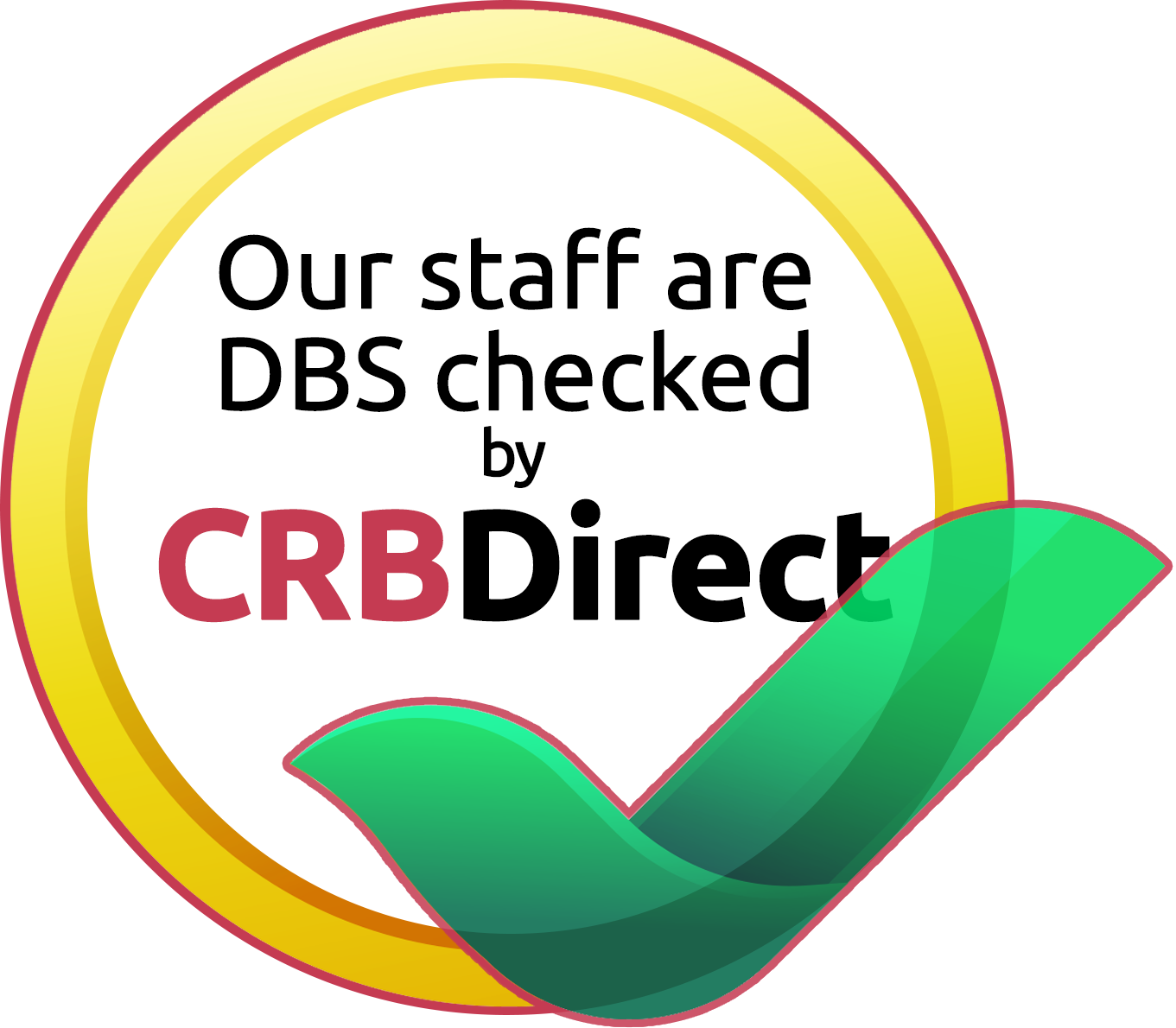 Around a year ago, UCAS, the university application organisation, announced it was scrapping the question asking whether students had a criminal record. UCAS believed that the very question was putting people off applying, even without formal criminal records checks. Ex-offenders believed that even if they did apply, they stood little chance of getting a place.
Around a year ago, UCAS, the university application organisation, announced it was scrapping the question asking whether students had a criminal record. UCAS believed that the very question was putting people off applying, even without formal criminal records checks. Ex-offenders believed that even if they did apply, they stood little chance of getting a place.
The problem is transparency. Every university has its own rules about who to take on as a student. Some just look at exam results. Others interview prospective students. It’s not discriminatory to discount applications from students with a criminal record. So should all Higher Education institutions stop asking people about their criminal past?
Other Countries and Criminal Records Checks
Most of the arguments about keeping the question about criminal records are concerned with keeping students safe. However, according to an ex-offenders’ charity, there is no link between students with criminal records and increased crime on campus. Overseas, European universities rarely ask about convictions, and neither do colleges in New York State or California. However, there are some courses for which criminal records checking is essential. In general terms, the trend is towards giving people the benefit of the doubt wherever possible. It’s also the case that if an ex-offender goes back into education and gets further qualifications, this improves their chances of getting a good job and keeping out of trouble in the future. There is no government ruling though, and until there is, Universities will continue to set their own policies on the matter.
What courses need criminal records checks?
In the UK, there are certain jobs which require disclosure checks. People who are planning to work as opticians, physiotherapists, doctors, nurses or teachers all fall into the bracket of needing an enhanced disclosure. Therefore, many universities do checks on new students before they start. There’s no point spending three or four years training someone if their criminal past bars them from the occupation. Furthermore, students in nursing and other occupations will have contact with patients before they are fully qualified. In order to keep patients or children safe, the easiest option is to ask everyone to apply for a DBS check up front.
If you do need to apply for a DBS check as a student, the University will help. The process is relatively straightforward. First, complete the application form. Give them all the basic details like your name, date of birth and everywhere you’ve lived for the past five years. The second stage of the process is proving your identity. The university will ask to see documents such as bank statements, passport or driving licence to support your identity. Finally, the police run checks and print off your certificate. When it arrives in the post, you just show it to the university. All of this process happens between a student accepting a place on a course and starting to study.
Issues with Documents
It’s quite common for students to run into difficulty at the document stage. This is especially the case for young people who have just left school and might not have bank accounts or utility bills in their own name. Universities have lots of experience in handling these sorts of circumstances. They will be able to help students – and their parents – through the system and decide what combination of information is required. If you are applying for a course which requires a DBS check, it can be a good tactic to apply for a provisional driving licence and open a bank account to make the document steps easier.
Overseas students and criminal records checks
There are no special rules for students coming to the UK to study. These students have to meet the same standards as everyone else. Students who are arriving from other countries to study Engineering, French or Biology don’t need a DBS check. However, students coming from outside the UK to study healthcare or education degrees will require an enhanced DBS check.
Students who are new to the UK are usually asked to provide a local equivalent to a DBS check. This might be called a Police Certificate, Certificate of Good Conduct or similar. Universities will tell students what sort of paperwork they need to provide. if the certificates are provided in a language other than English, official translation is usually required too.
